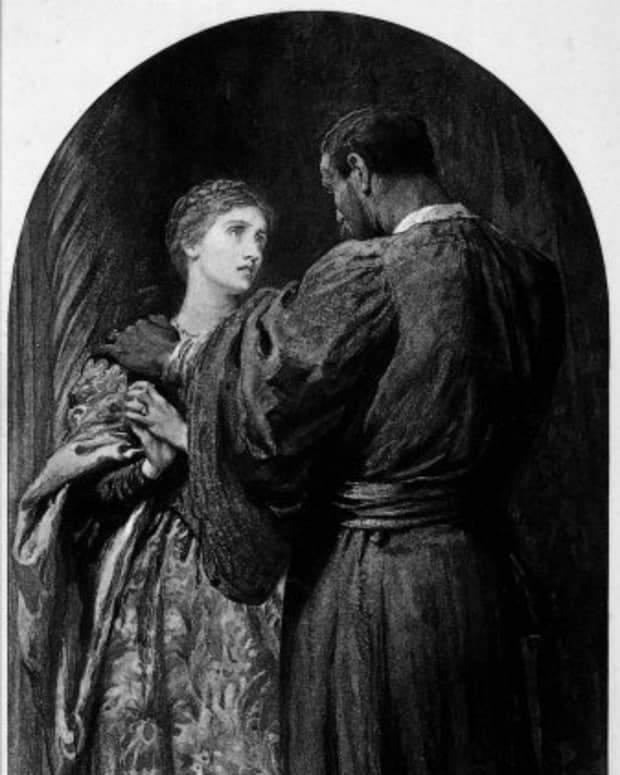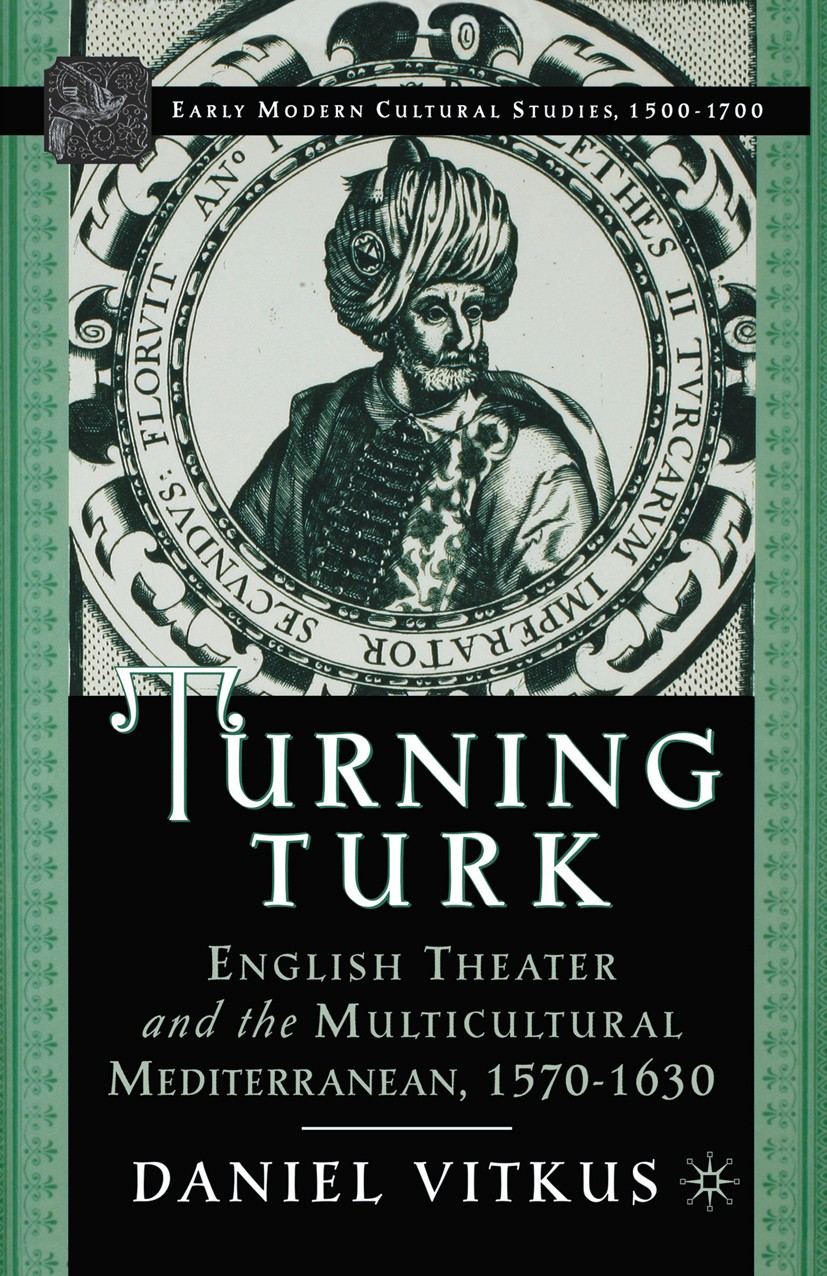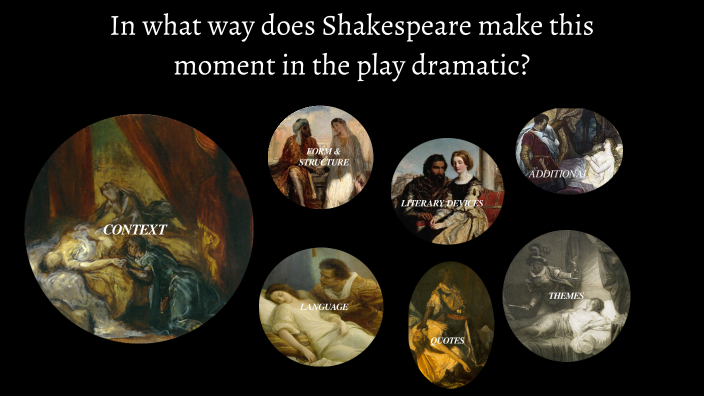Binary opposition, or the concept of two mutually exclusive ideas or categories, plays a significant role in William Shakespeare's play Othello. This opposition is evident in various aspects of the play, including themes, character development, and conflicts.
One of the most prominent binary oppositions in Othello is the contrast between good and evil. This opposition is represented through the characters of Othello and Iago, respectively. Othello, the play's protagonist, is initially portrayed as a noble and virtuous man, a military hero who is respected by his peers and loved by his wife Desdemona. On the other hand, Iago is a manipulative and deceitful character who is driven by envy and a desire for revenge. He plots to ruin Othello's reputation and marriage by convincing him that Desdemona has been unfaithful, and in the process, he destroys the lives of several other characters as well. This opposition between Othello and Iago serves to highlight the duality of human nature and the capacity for both goodness and evil within each individual.
Another binary opposition in the play is that between reason and emotion. Othello, who is initially depicted as a rational and logical military strategist, becomes increasingly driven by his emotions as the play progresses. His love for Desdemona leads him to become jealous and possessive, and he eventually succumbs to Iago's lies and plots because of his emotional vulnerability. In contrast, Iago, who is motivated by his own emotions of envy and hatred, is able to manipulate and deceive the other characters through his ability to reason and strategize. This contrast between reason and emotion highlights the dangers of allowing one's emotions to cloud one's judgment and the importance of maintaining a balance between the two.
The binary opposition between appearance and reality is also significant in Othello. The play presents a contrast between the appearance of things and their true nature, often through the use of deception and disguise. For example, Iago presents himself as a loyal and trustworthy friend to Othello, but in reality, he is scheming to ruin him. Desdemona's purity and innocence are also called into question through Iago's accusations of infidelity, causing Othello to doubt her true nature. This opposition between appearance and reality serves to illustrate the complexities of human relationships and the dangers of relying solely on appearances to judge others.
In conclusion, binary opposition plays a significant role in Othello, contributing to the play's themes, character development, and conflicts. The opposition between good and evil, reason and emotion, and appearance and reality all serve to deepen our understanding of the characters and the events of the play, and highlight the complexities and dualities of human nature.







